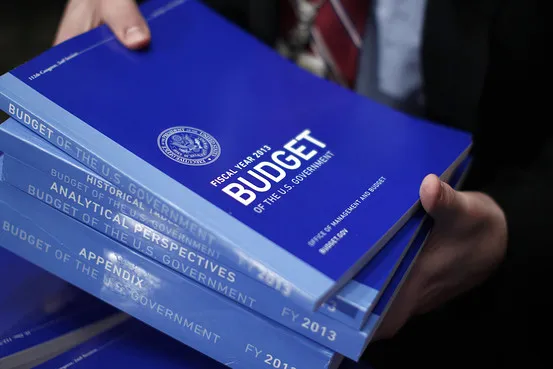Table of Contents
This is the first in a series of posts that will focus on the so-called “online education revolution”: the rise of free online courses taught by professors at selective universities like Stanford.
Before exploring how over-hyped the rise of online education has been, I will present what I think could be its greatest chance of truly changing the education environment in the United States.
Through specialization, the free online education movement might provide a solution to the problem of degree inflation. But first, we must agree on what degree inflation actually is. Typically, degree inflation describes a situation in the labor market where job-seekers pursue additional academic credentials in order to boost their job resume. In a job market with limited demand for employees, job-seekers naturally try to make their service more valuable by adding more skill. But in a complex economy, this description seems too simple.
Degree inflation should probably be called degree misalignement. Students in America often pursue either too few degrees, too many degrees, or the wrong degrees. Fewer degrees make sense if jobs for 4-year graduates don’t exist. Paradoxically, more degrees make sense with America facing a shortage of high-skill workers. Or maybe just different degrees make sense in certain job markets. To unwind all of this: the economy needs more highly-skilled workers in certain fields, not just more highly-educated workers. In a sense, we’re distributing education incorrectly.
Specialization through online education offers a solution to this employment puzzle. Rather than committing to another degree, students can take certain classes online that contribute directly to skill development. By cutting the costs and the unnecessary strictures of an additional degree, and by offering classes from prestigious schools, students have great incentive to add skill to their resume. For example, the Stanford computer science graduate may need additional graduate level coursework in systems design, but not an entire graduate degree in computer science. Perhaps a few online courses would do the trick. A high school graduate may want to apply for an IT position. Perhaps a cheaper, faster online credentialing process could prevent high debt levels and wasted time in a degree program. By adding variety to the education market, free online courses could help realign degree and skill levels for the job market.
This argument works for the tech sector but looks less clear for the non-tech sector. How much education does a businessperson, journalist, or consultant need? Specialization plays a lesser role in non-tech jobs. Unfortunately, it’s students entering the non-tech job market with their humanities or social science degrees who often find themselves unemployed. Many will turn to law school for an additional credential, but the legal job market is currently overflowing. Some of this overeducating is wasteful for the economy and detrimental to the individual. To solve this problem, students could start majoring in technical fields like engineering, computer science, and chemistry. It might make more economic sense. But for students like me, who want to major in political science and go into a non-tech industry, this solution is unwelcome. Economic necessity may someday require it, but until then I hope that degree realignment for the high-skill jobs promotes a strong non-tech sector. Hopefully, as students utilize free online classes to better fill positions at start-ups, IT firms, engineering firms, and pharmaceutical companies, the resulting economic growth will increase demand for lawyers, classists, and political scientists in other parts of the economy. In other words, I hope for an economy where students don’t have to realign their degree plans down to a job, because others increase their productivity by realigning their degree plans up to a job.
To be sure, economic growth takes more than just degree and skill realignment. And for the online education movement to solve these problems in short-time would be miraculous. Also, free online courses could actually promote degree inflation (hopefully increased specialization comes with it). Despite all these hurdles, I hope that the free online education movement can help America’s education distribution problem.





